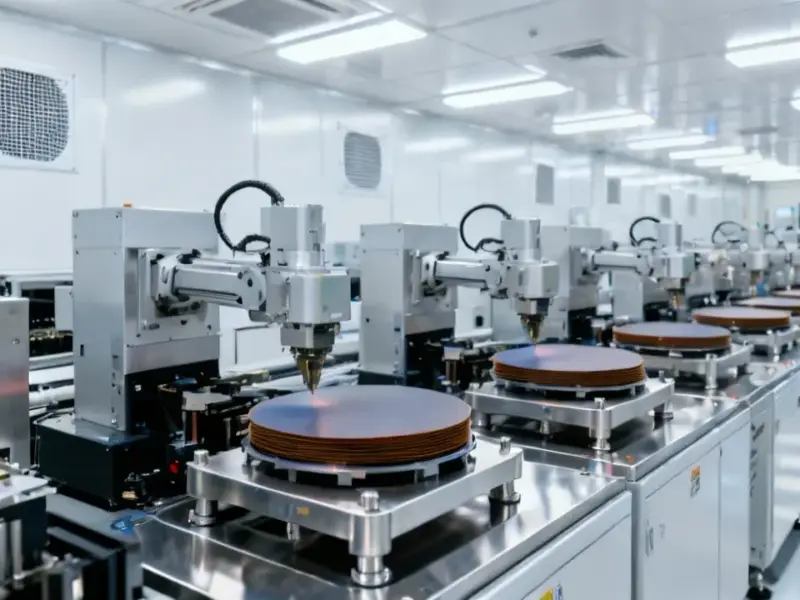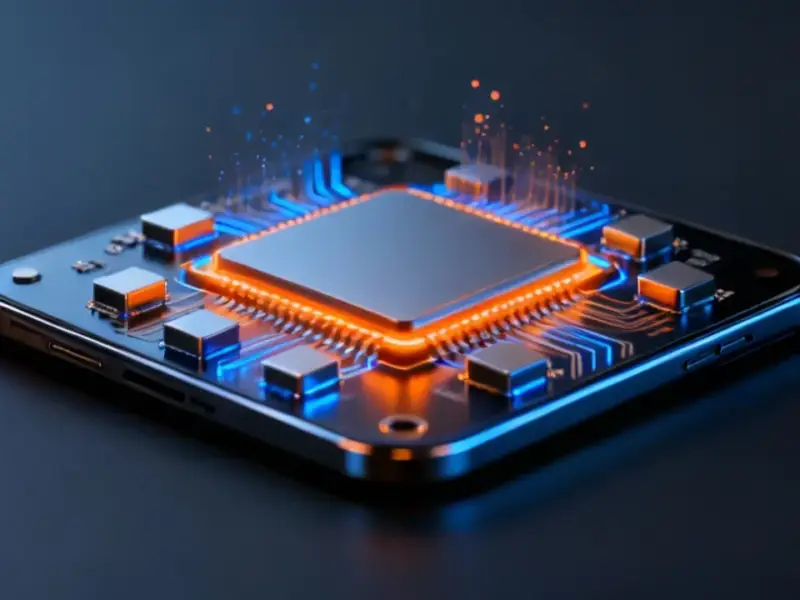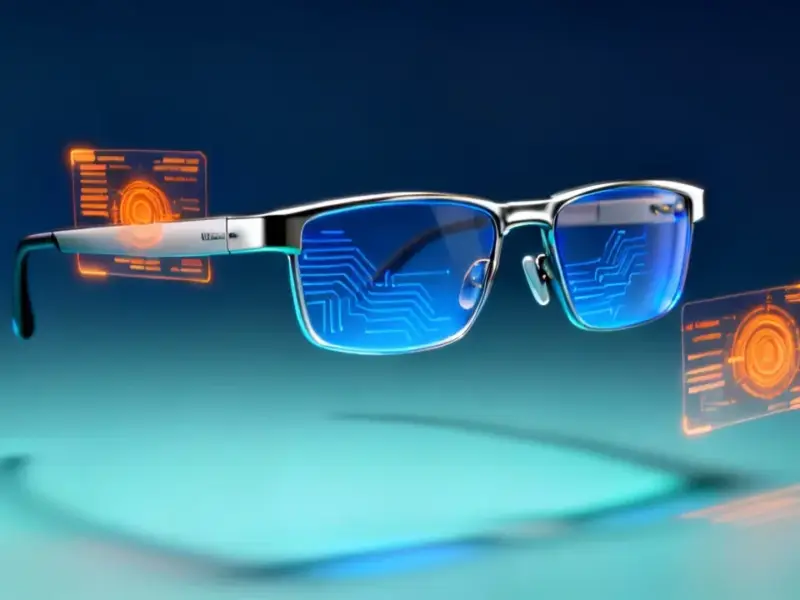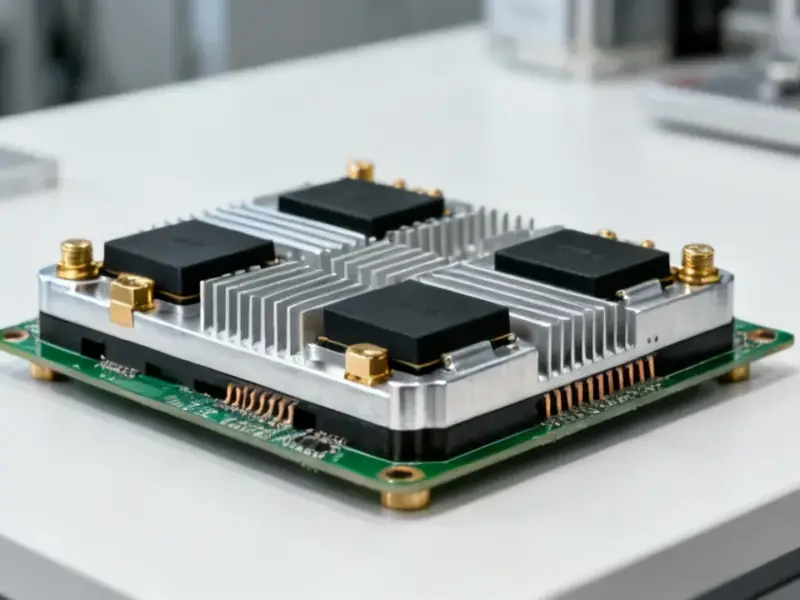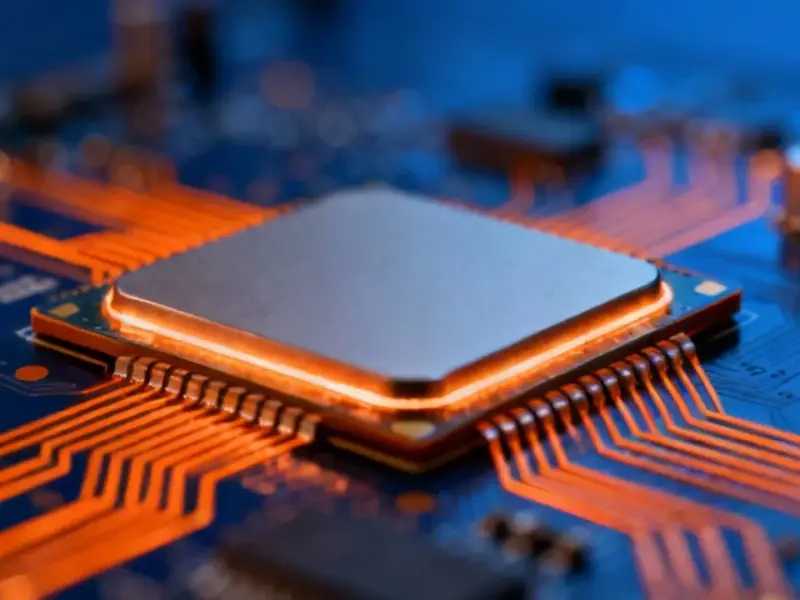Researchers Crack Red Light Emission with Cubic GaN
A research team has demonstrated a new method for growing cubic indium gallium nitride, a material that could enable efficient red micro-LEDs. This challenges the dominance of aluminium indium gallium phosphide in red emitters, especially for tiny displays. The breakthrough hinges on a growth techni

